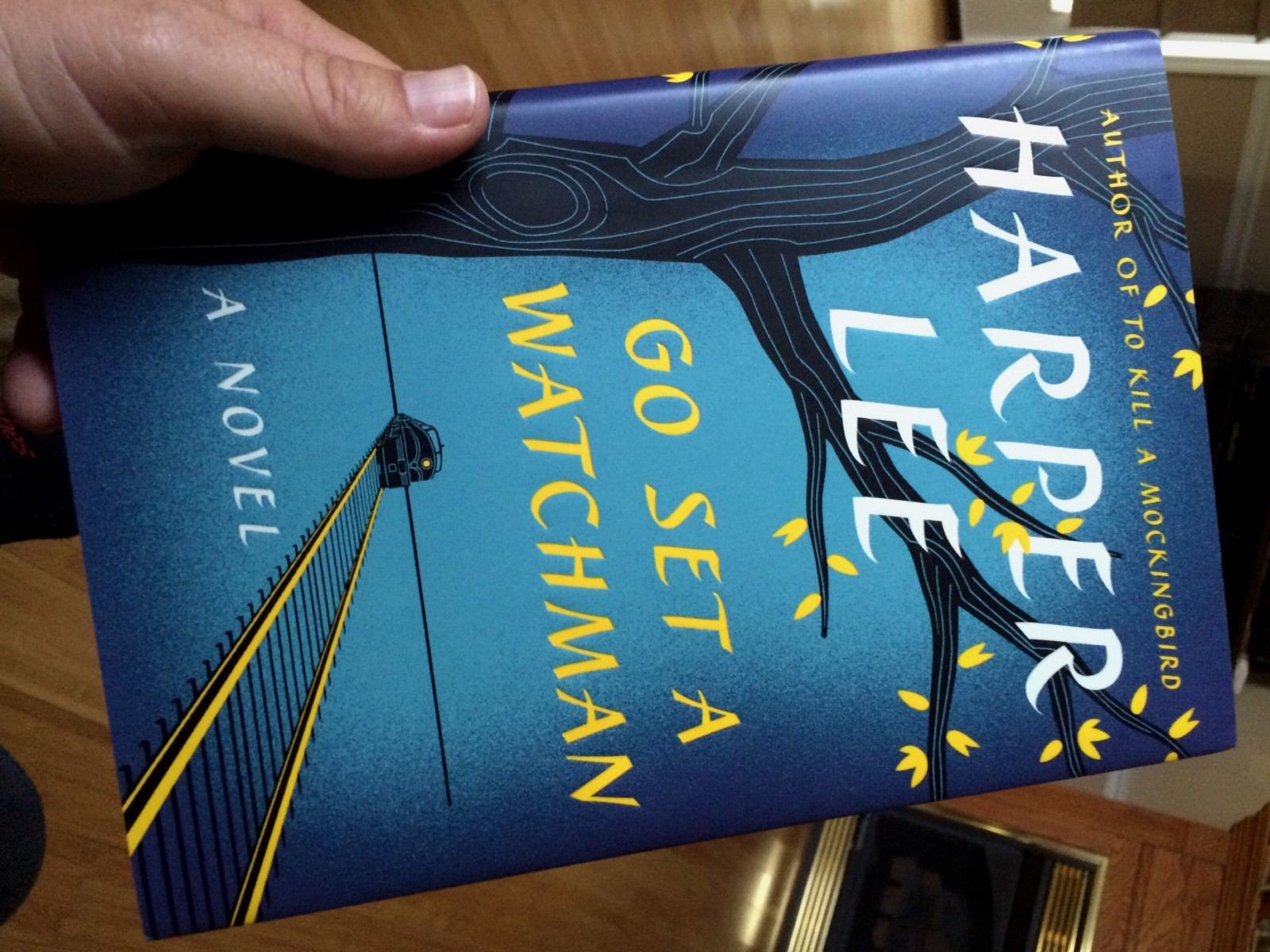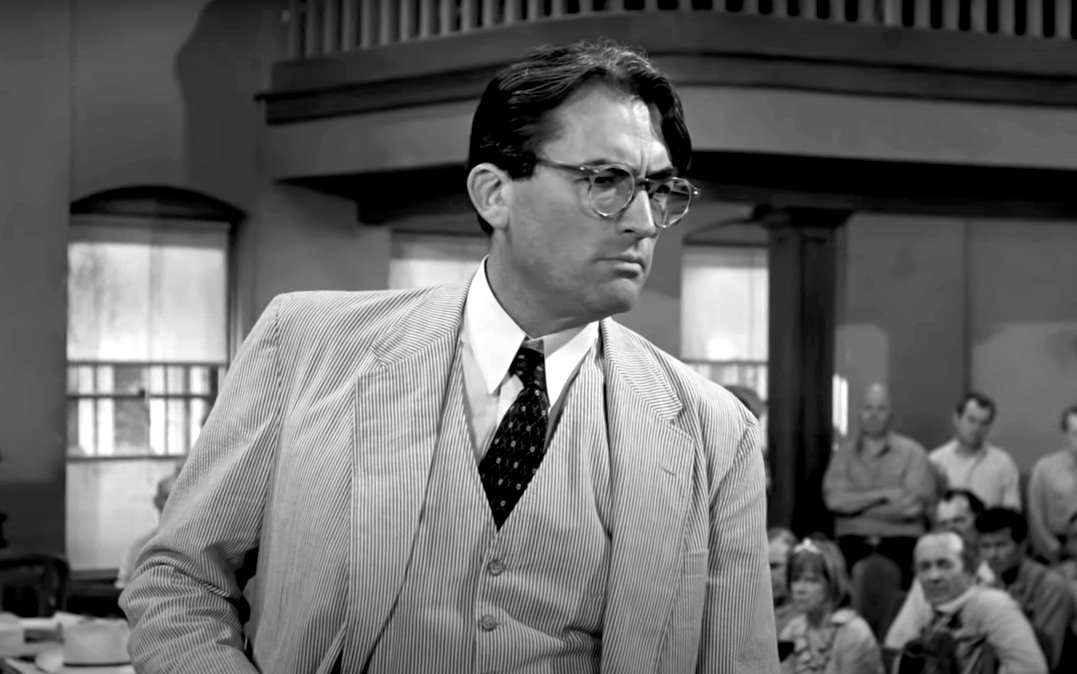news
Should Go Set a Watchman Readers Get a Refund? One Bookstore Thinks So

In a move that other proprietors of independent bookstores might consider unthinkable, Peter Makin, the owner of Brilliant Books in Traverse City, Michigan, is offering refunds to customers disappointed with Harper Lee’s Go Set a Watchman.
The decision stems from Makin’s belief that, by marketing the book as “a nice summer novel” as opposed to an “academic insight,” he misrepresented the product and deceived his clientele. He writes, in a statement posted on the Brilliant Books website:
It is disappointing and frankly shameful to see our noble industry parade and celebrate this as ‘Harper Lee’s New Novel.’ This is pure exploitation of both literary fans and a beloved American classic (which we hope has not been irrevocably tainted). We therefore encourage you to view Go Set a Watchman with intellectual curiosity and careful consideration; a rough beginning for a classic, but only that.
Makin maintains that he and his team had been disappointed from the beginning with the way Watchman was marketed. He told Melville House, “We knew the history of Go Set A Watchman and it wasn’t congruent with the marketing: ‘Harper Lee’s New Novel’ ‘with many of your favorite characters from To Kill A Mockingbird’ … Maybe we’re cynical, but it all pointed to a desperate attempt to get folks to buy the book before they realized what it actually was.”
Some have taken issue with Makin’s argument. The Guardian’s Michelle Dean rejects the idea that a reader’s choice to buy Watchman was hampered by improper marketing:
[Watchman] always presented as a first draft of Mockingbird … The fact is that people wanted to read a new Harper Lee novel no matter what its provenance and no one truly wanted to get in the way of that … Readers bear some responsibility for that, I think. After all, the customers who now report being unhappy with the book still went into the store and bought it. And I can’t help but feel the reason they are wanting to return it has nothing, really, to do with a concern about exploitation or first drafts or literary merit at all … how many of these dissatisfied customers, I wonder, are especially angry or disappointed because of the unflattering portrait of an elderly, racist Atticus this book contained?”
Alex Heimbach, writing for Bustle, supports Makin’s logic:
Makin is hardly the first to point out the book’s complicated place in the literary canon, but his stand against ‘exploitation of both literary fans and a beloved American classic’ is impressive nonetheless. Although publishers are unlikely to stop putting out these kinds of lost books, perhaps Makin, and others like him, can convince publishers to be a bit more honest in marketing them.
Maybe so. But one can’t help but speculate that this news story, yet another log in the fire for the Watchman publicity maelstrom, will ultimately result in many more additional receipts issued than refunds given. Maybe even at Brilliant Books (now the subject of dozens of articles), which continues to sell the novel — albeit, with a disclaimer: “We do explain to folks what it is, so that they buy it with their eyes open.”









